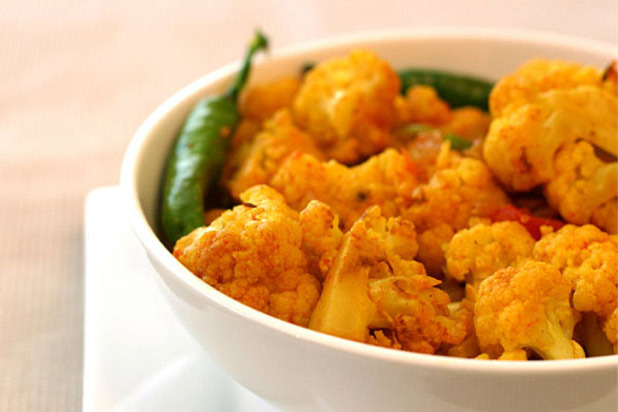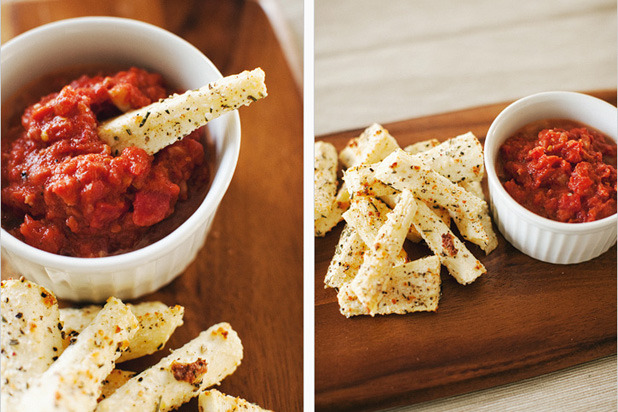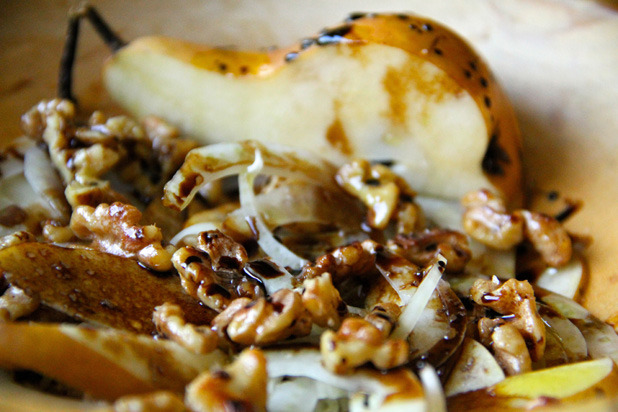13 Healthiest Fall Foods (Slideshow)
An apple a day might really keep the doctor away. In addition to containing 13.9 percent of your daily recommended vitamin C intake, apples offer antioxidant, cardiovascular and anti-cancer benefits. Don't peel off the skin! It contains most of the insoluble fiber — which helps keep you regular — plus plenty of vitamin C and folate.
Brussels Sprouts
It's a shame Brussels sprouts aren't appreciated as much as they should be. While notoriously disliked by many, they offer hefty amounts of vitamins K and C, and their nutrients support three systems that are crucial to cancer prevention: the body's detox system, antioxidant system, and anti-inflammatory system. They're also known to lower cholesterol.
Recipe: Baked Brussels sprouts
Cabbage
This wonderfully inexpensive vegetable is loaded with vitamins K and C. Plus, it's been known to boost digestive health, lower cholesterol, and provide anti-inflammatory benefits. According to the World's Healthiest Foods, the glucosinolates found in cabbage can be converted into compounds that help prevent such cancers as bladder cancer, breast cancer, colon cancer, and prostate cancer.
Carrots
Groceries stock carrots year-round, but you'll find the most flavorful ones during summer and fall. It's astounding how much vitamin A is in this root vegetable: Just 1 cup packs 407.6 percent of your daily recommended intake! You probably already know about carrots' contribution to eye health, but they also have anti-cancer and cardiovascular benefits.
Recipe: Creamy carrot soup (no cream!)
Cauliflower
Just 1 cup of cauliflower contains 85.9 percent of your daily recommended intake of vitamin C. This cruciferous vegetable helps your body's detox system, antioxidant system, and anti-inflammatory system. By helping your maintain your body's proper functioning, it simultaneously helps prevent cancer.
Recipe: Curried cauliflower
Cranberries
When it comes to disease-fighting antioxidants, cranberries outrank almost every fruit and vegetable. They help prevent urinary tract infections and provide anti-inflammatory benefits for the cardiovascular system and the digestive tract. They've also been shown to lower the frequency of cold and flu symptoms.
Parsnips
Your heart will thank you for eating this root vegetable, which contains plenty of potassium and folate — two nutrients important for cardiovascular health. You'll also get a fair amount of antioxidant power from vitamins C and E, as well as the bone-health benefits from vitamin K and manganese.
Recipe: Roasted Parmesan parsnips
Pears
If you're looking for fiber, get some pears on your plate! They're one of the highest-fiber fruits and also contain vitamins C and K. Once again, don't strip the skin! It contains at least three to four times as many antioxidants, anti-inflammatory flavonoids, and potentially anticancer phytonutrients.
Recipe: Fennel and Bosc pear salad with walnuts and aged balsamic
Persimmons
Persimmons pack plenty of fiber — just one contains a quarter of your recommended daily value — and the type of fiber (pectin) helps regulate blood-sugar levels. According to FitSugar, they may also help relieve bloating and constipation.
Pumpkin
As long as you stay away from the pie, pumpkins can be a healthy addition to your diet. They're not only low in calories but also loaded with vitamin A and fiber. Don't throw out the seeds, either! They're packed with tons of antioxidants and nutrients, including manganese, tryptophan, magnesium, phosphorus, and zinc.
Recipe: Pumpkin gnocchi
Sweet Potatoes
These orange tubers contain more than your daily requirement of vitamin A, nearly a third of the vitamin C you need, almost 15 percent of your daily dietary fiber intake, and 10 percent of the necessary potassium, according to Livestrong. They also contain a good deal of antioxidants like beta-carotene and vitamin C, which help eliminate cancer-friendly free radicals in the body.
Recipe: Old Bay roasted sweet potatoes
Turnips
In season October through March, turnips are a low-calorie way to get your vitamin C, fiber, B vitamins, calcium, and potassium. Buy them with the greens still intact — they're loaded with vitamins A and K.
Winter Squash
A single cup of winter squash contains almost half of your daily vitamin C intake, and orange varieties like butternut squash are loaded with heart-disease-fighting carotenoids. The fiber you'll find in this fall favorite will also keep you feeling full longer.












